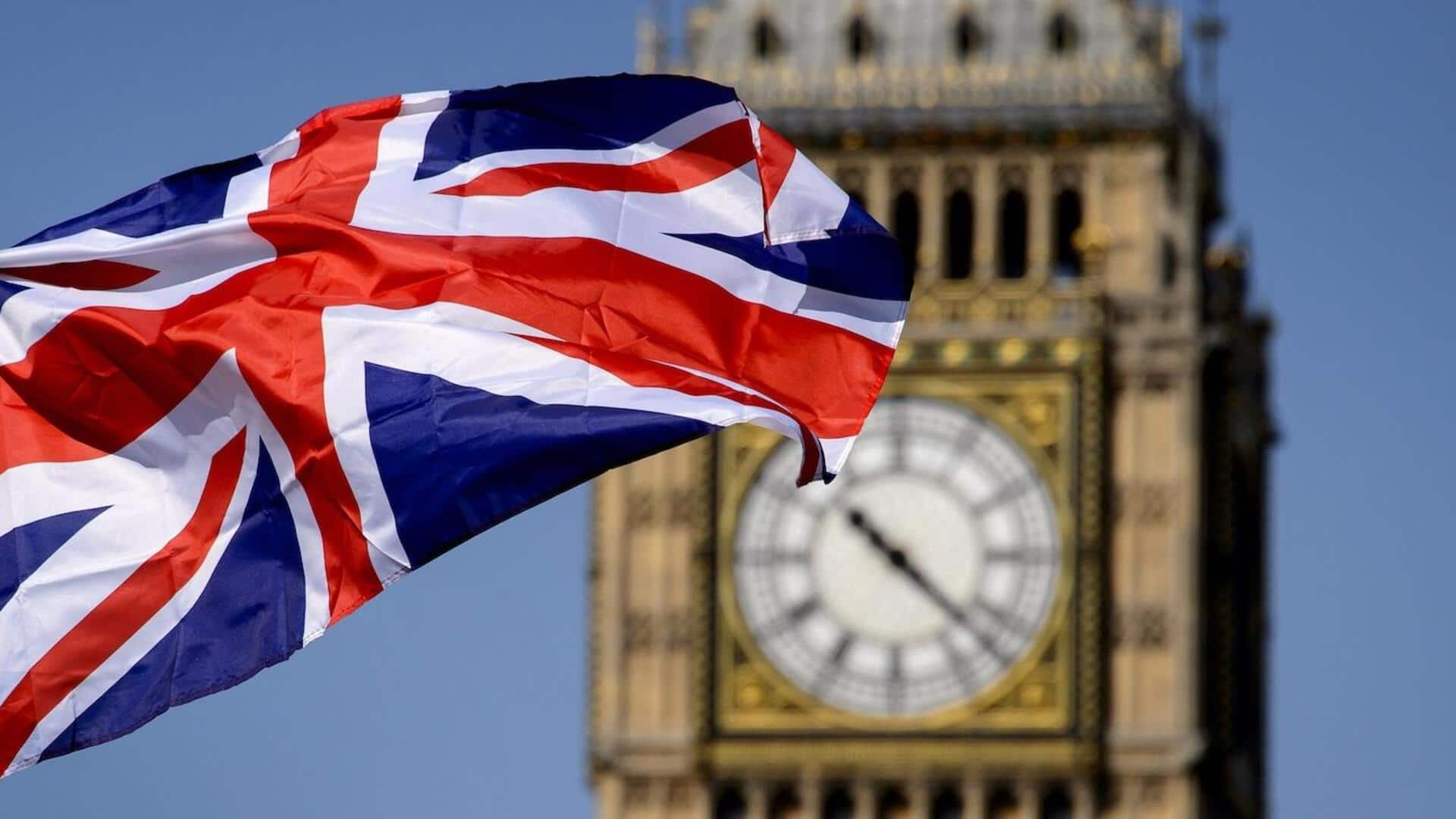
UK inflation rate uexpectedly drops to 4.6% in October
What's the story
UK inflation took a sharp nosedive in October, hitting its lowest point in two years. The rate, which shows how much consumer prices rise, dropped to 4.6% from 6.7% the month before.
This decrease is mainly attributed to a reduction in energy costs, particularly gas and electricity.
As a result, concerns regarding the Bank of England potentially raising interest rates again this year may be eased, even though inflation remains more than double its 2% target.
Details
Energy price cap reduction contributes to inflation drop
One major contributor to the lower inflation rate was the 23% year-on-year decrease in the energy price cap for average annual gas and electricity bills.
The cap fell from £2,500 (Rs. 2.6 lakh) in October 2022 to £1,923 (Rs. 2 lakh) in October 2023, restricting the amount suppliers can charge customers per energy unit.
Experts have identified this adjustment as the primary cause for the decline in inflation from its highest point of 11.1% in October 2022.
What Next?
Rishi Sunak achieves inflation target
The drop in inflation signals that Prime Minister Rishi Sunak has achieved his target, set in January, to halve inflation from the 10.7% average seen in the last quarter of 2022 by the year's end.
However, it's important to note that a decline in inflation doesn't necessarily mean prices are dropping. Instead, it indicates a slower rate of price growth. For instance, while inflation has reduced, food prices in October 2023 were still around 30% higher compared to October 2021.